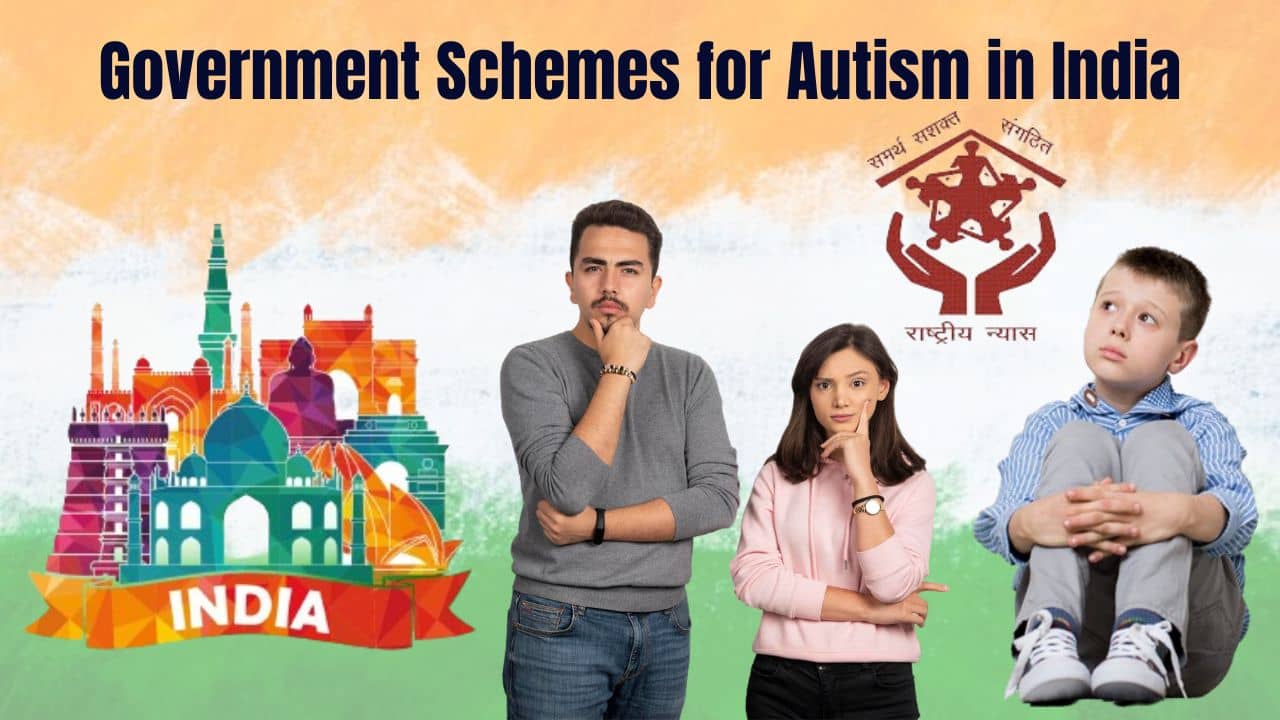

Autism Spectrum Disorder (ASD) affects millions of individuals and their families worldwide. In India, the government has recognized the need for supportive measures to assist autistic individuals and their families in leading fulfilling lives. Through various schemes and initiatives, the government aims to provide financial support, education, healthcare, and vocational training. This comprehensive guide explores the government schemes for autism in India and the benefits they offer.
The National Trust Act was established in 1999 to provide legal protection and promote the welfare of persons with autism , cerebral palsy, mental retardation , and multiple disabilities. The act aims to empower individuals with autism and their families through various schemes:
The NIRAMAYA Health Insurance Scheme is a pioneering initiative under the National Trust Act designed to provide affordable health insurance to individuals with disabilities, including autism. This scheme aims to alleviate the financial burden of medical expenses, ensuring that individuals with autism receive the necessary healthcare services. Here’s a detailed guide on the NIRAMAYA Health Insurance Scheme, including how to apply, the process, eligibility criteria, benefits, and other essential details.
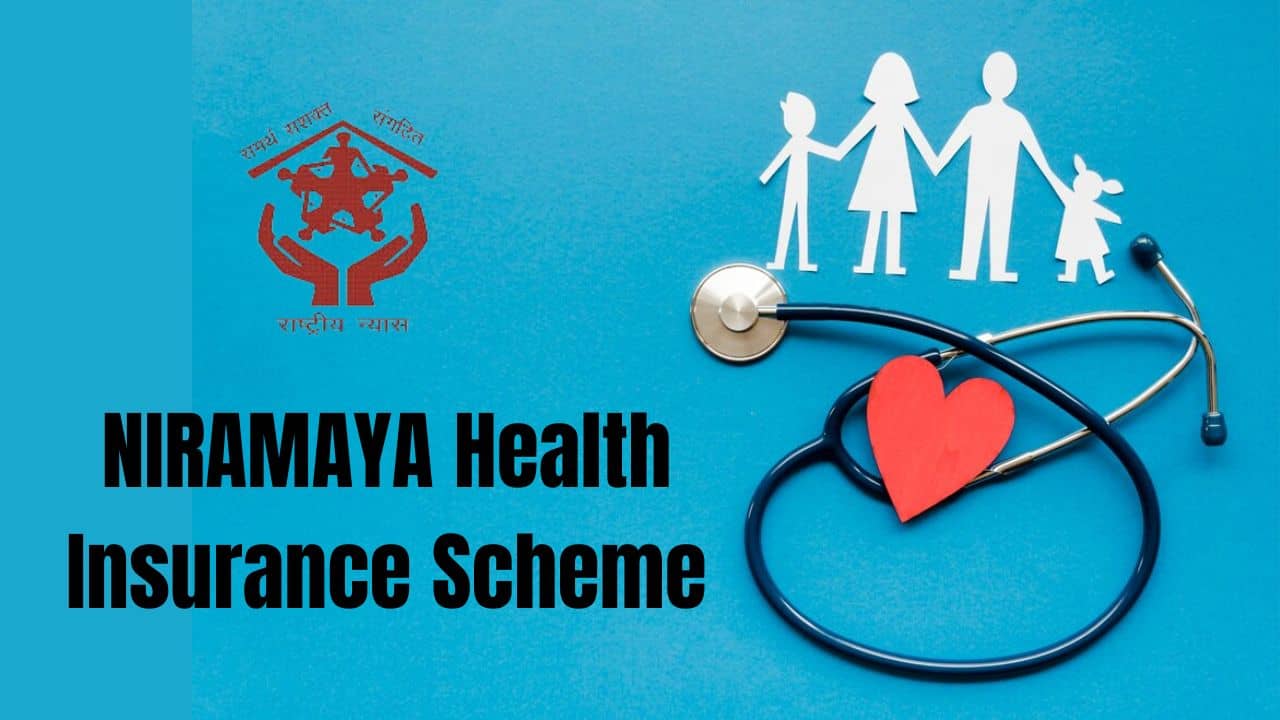
1. Application Process:
2. Required Documents:
3. Submission:
Submit the completed application form along with the required documents to the nearest registered organization or directly to the National Trust.
Eligibility Criteria
To be eligible for the NIRAMAYA Health Insurance Scheme, the following criteria must be met:
Benefits of the NIRAMAYA Health Insurance Scheme
Financial Assistance:
3. Easy Access to Healthcare:
4. Pre-existing Conditions Covered:
The scheme covers pre-existing medical conditions, ensuring that individuals with chronic health issues receive the necessary care without financial strain.
Additional Information
1. Renewal Process:
The NIRAMAYA Health Insurance Scheme is an annual scheme. Beneficiaries need to renew their membership every year by submitting a renewal form along with updated documents if required.
2. Grievance Redressal:
Beneficiaries can contact the National Trust or the insurance provider for any grievances or issues related to the scheme. A dedicated helpline and email support are available for assistance.
3. Awareness and Outreach:
The National Trust, in collaboration with various NGOs and registered organizations, conducts awareness programs to educate families about the scheme and assist them in the application process.
The NIRAMAYA Health Insurance Scheme is a crucial lifeline for individuals with autism and other disabilities, providing them with the necessary financial support to access quality healthcare services. By offering comprehensive coverage, including medical treatments, therapies, and surgeries, the scheme ensures that beneficiaries receive holistic care without the burden of exorbitant medical costs.
For more information or to apply for the NIRAMAYA Health Insurance Scheme, visit the National Trust’s official website or contact your nearest registered organization.
The GHARAUNDA scheme , part of the National Trust Act, aims to provide affordable housing and rehabilitation services to adults with disabilities, including autism, cerebral palsy, mental retardation, and multiple disabilities. This initiative supports independent living while ensuring that individuals receive necessary care and rehabilitation services. Here’s an in-depth look at how to access this scheme, the application process, eligibility criteria, benefits, and more.
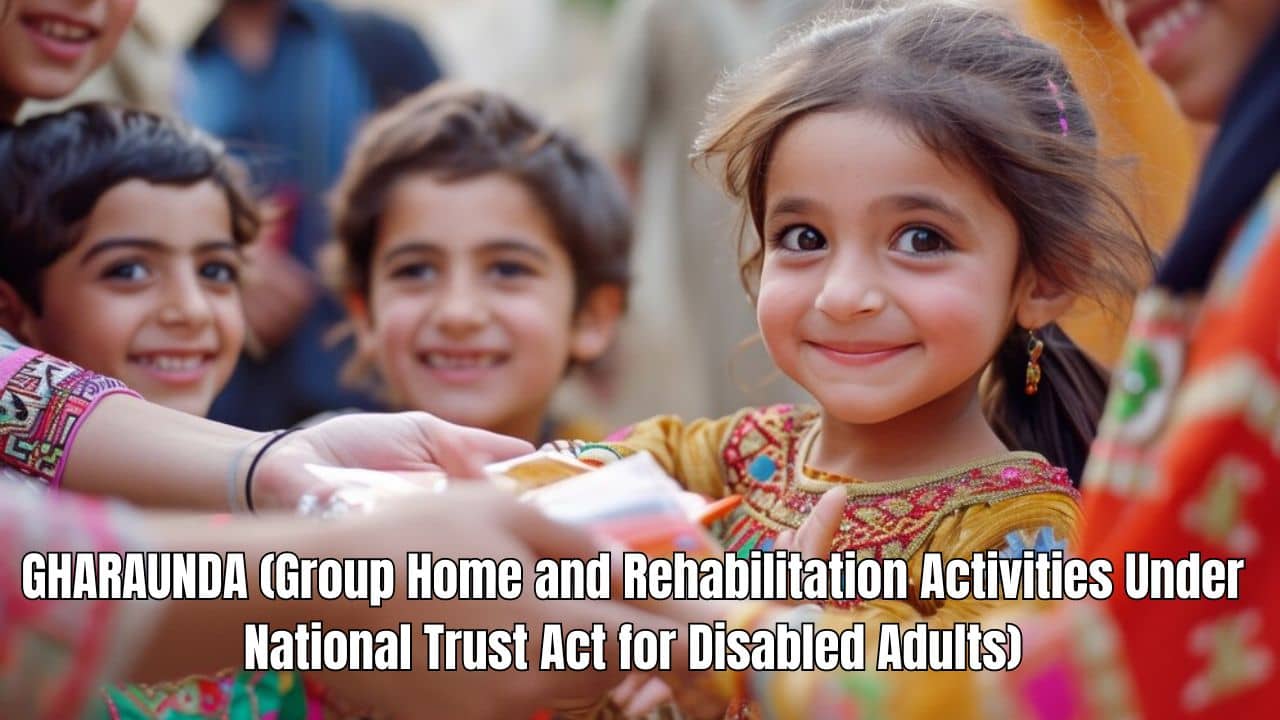
1. Application Process:
2. Required Documents:
3. Submission:
Submit the completed application form along with the required documents to the nearest registered organization or directly to the National Trust.
Eligibility Criteria
To be eligible for the GHARAUNDA scheme, the following criteria must be met:
Benefits of the GHARAUNDA Scheme
1. Residential Facilities:
2. Rehabilitative Care:
3. Professional Care:
4. Social Integration:
5. Financial Assistance:
Additional Information
1. Renewal Process:
The GHARAUNDA scheme requires periodic renewal to ensure continued eligibility and to update any changes in the resident’s condition or needs. Renewal forms are available through the National Trust or registered organizations.
2. Grievance Redressal:
Beneficiaries or their families can contact the National Trust or the respective registered organization for any grievances or issues related to the scheme. A dedicated helpline and email support are available for assistance.
3. Awareness and Outreach:
The National Trust, in collaboration with various NGOs and registered organizations, conducts awareness programs to educate families about the scheme and assist them in the application process.
The GHARAUNDA scheme is a vital initiative under the National Trust Act, offering comprehensive residential and rehabilitative care for adults with disabilities, including autism. By providing safe and affordable housing, professional care, and opportunities for social integration and skill development, the scheme ensures that individuals can lead dignified and independent lives.
For more information or to apply for the GHARAUNDA scheme, visit the National Trust’s official website or contact your nearest registered organization.
The SAMARTH Respite Care Scheme , under the National Trust Act, is designed to provide short-term residential care for individuals with disabilities, including autism, cerebral palsy, mental retardation, and multiple disabilities. This scheme offers temporary relief to caregivers by ensuring that individuals with disabilities receive professional care in a safe and nurturing environment. Here’s a detailed guide on how to access this scheme, the application process, eligibility criteria, benefits, and other essential details.
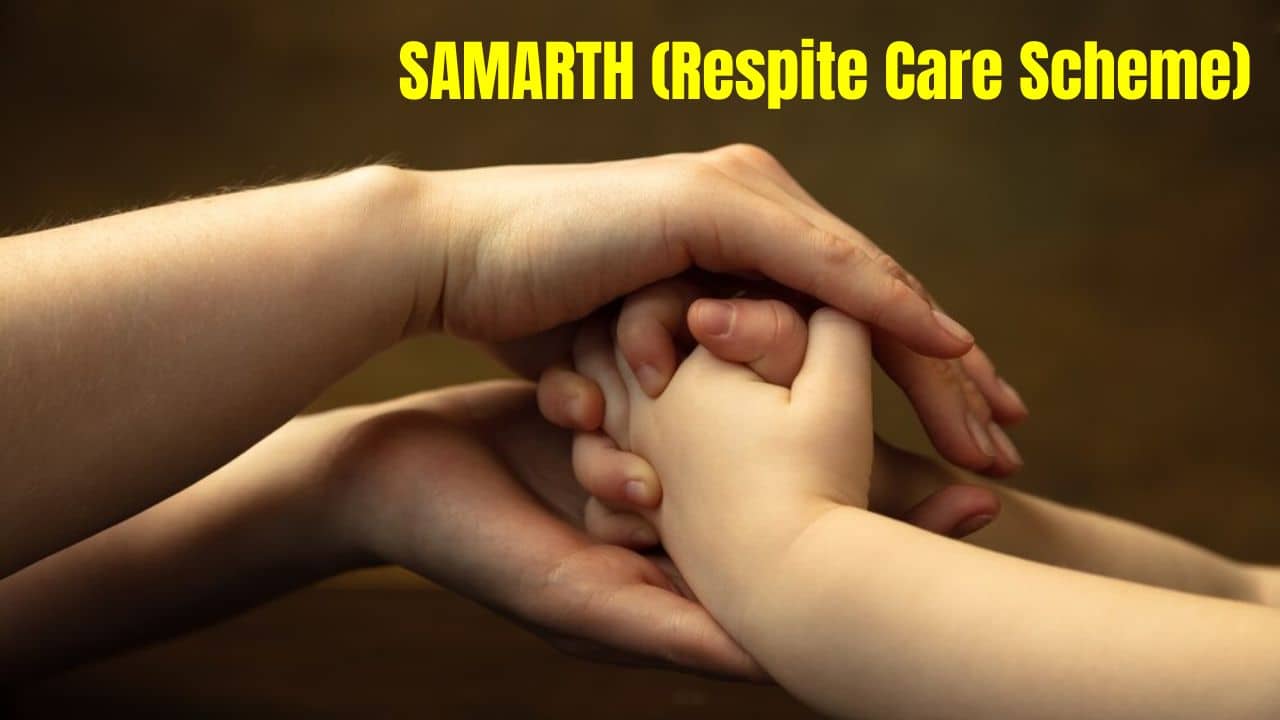
1. Application Process:
2. Required Documents:
3. Submission:
Submit the completed application form along with the required documents to the nearest registered organization or directly to the National Trust.
Eligibility Criteria
To be eligible for the SAMARTH Respite Care Scheme, the following criteria must be met:
Benefits of the SAMARTH Respite Care Scheme
1. Temporary Relief for Caregivers:
2. Quality Residential Services:
3. Comprehensive Care:
4. Social and Recreational Activities:
Additional Information
1. Duration of Care:
The SAMARTH scheme typically offers short-term care, which can range from a few days to a few weeks, depending on the needs of the individual and the availability of facilities.
2. Renewal Process:
The respite care service may need to be renewed based on the individual’s needs and circumstances. Families should contact the registered organization or the National Trust for renewal procedures.
3. Grievance Redressal:
Beneficiaries or their families can contact the National Trust or the respective registered organization for any grievances or issues related to the scheme. A dedicated helpline and email support are available for assistance.
4. Awareness and Outreach:
The National Trust, along with various NGOs and registered organizations, conducts awareness programs to educate families about the scheme and assist them in the application process.
The SAMARTH Respite Care Scheme is an essential initiative under the National Trust Act, providing much-needed support to caregivers of individuals with disabilities, including autism. By offering short-term residential care with professional support, the scheme ensures that individuals receive quality care while giving caregivers the opportunity to rest and rejuvenate.
For more information or to apply for the SAMARTH Respite Care Scheme, visit the National Trust’s official website or contact your nearest registered organization.
The PRERNA Marketing Assistance Scheme , under the National Trust Act, aims to support the economic empowerment of individuals with disabilities, including autism, cerebral palsy, mental retardation, and multiple disabilities. This scheme focuses on promoting products and services created by individuals with disabilities by providing marketing assistance, thereby fostering economic independence and self-sufficiency. Here’s a detailed guide on how to access this scheme, the application process, eligibility criteria, benefits, and other essential details.
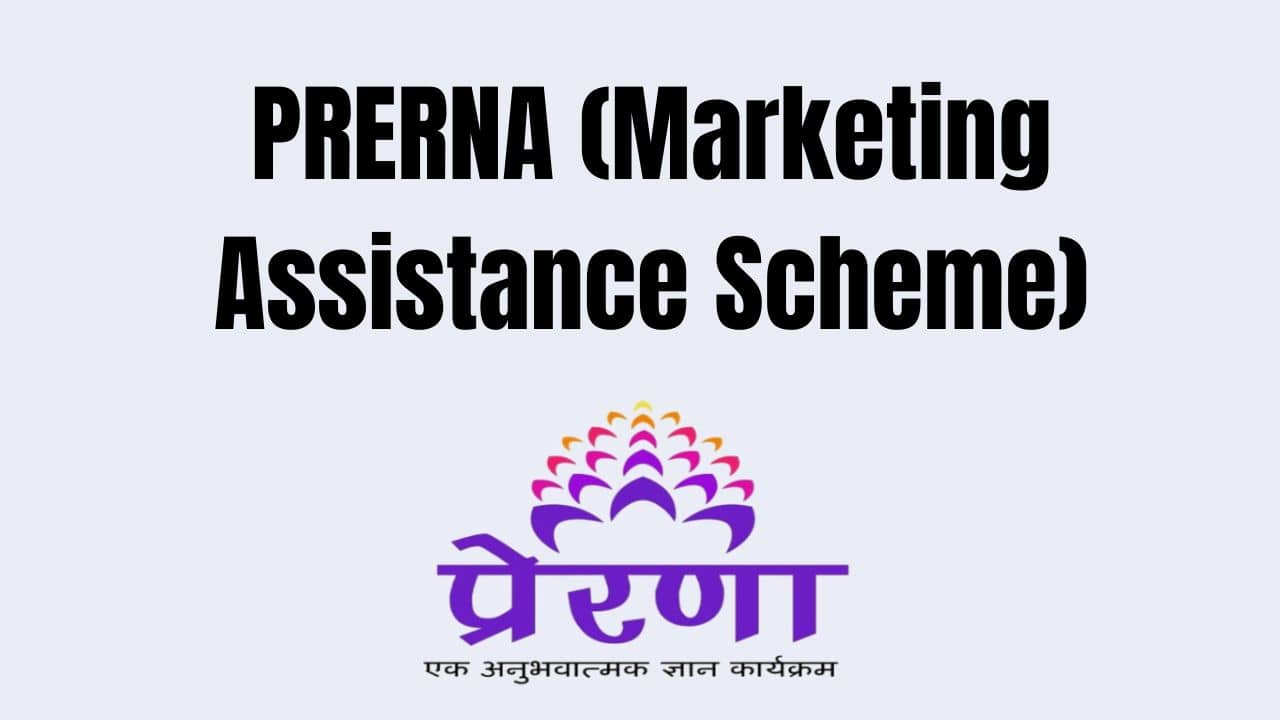
1. Application Process:
2. Required Documents:
3. Submission:
Submit the completed application form along with the required documents to the nearest registered organization or directly to the National Trust.
Eligibility Criteria
To be eligible for the PRERNA Marketing Assistance Scheme, the following criteria must be met:
Benefits of the PRERNA Marketing Assistance Scheme
1. Financial Support:
2. Enhanced Market Reach:
3. Skill Development:
4. Business Growth:
5. Networking Opportunities:
Additional Information
1. Renewal Process:
The PRERNA scheme may require periodic renewal based on the specific marketing activities and needs of the business. Beneficiaries should contact the National Trust or registered organizations for renewal procedures.
2. Grievance Redressal:
Beneficiaries or their families can contact the National Trust or the respective registered organization for any grievances or issues related to the scheme. A dedicated helpline and email support are available for assistance.
3. Awareness and Outreach:
The National Trust, in collaboration with various NGOs and registered organizations, conducts awareness programs to educate families and individuals about the scheme and assist them in the application process.
The PRERNA Marketing Assistance Scheme is a crucial initiative under the National Trust Act, designed to empower individuals with disabilities by supporting their entrepreneurial efforts and promoting their products and services. By providing financial assistance for marketing activities, skill development opportunities, and platforms for showcasing their work, the scheme helps individuals with disabilities achieve economic independence and self-sufficiency.
For more information or to apply for the PRERNA Marketing Assistance Scheme, visit the National Trust’s official website or contact your nearest registered organization.
Disability pension schemes in India are designed to provide financial assistance to individuals with disabilities, including those with autism, cerebral palsy, mental retardation, and multiple disabilities. These schemes are implemented by both the central and state governments to ensure economic stability and improve the quality of life for individuals with disabilities and their families. Here’s an in-depth look at the various disability pension schemes available, including how to access them, the application process, eligibility criteria, benefits, and other essential details.
1. Indira Gandhi National Disability Pension Scheme (IGNDPS)
The Indira Gandhi National Disability Pension Scheme (IGNDPS) is a centrally sponsored scheme under the National Social Assistance Programme (NSAP) . It provides financial assistance to persons with severe disabilities.
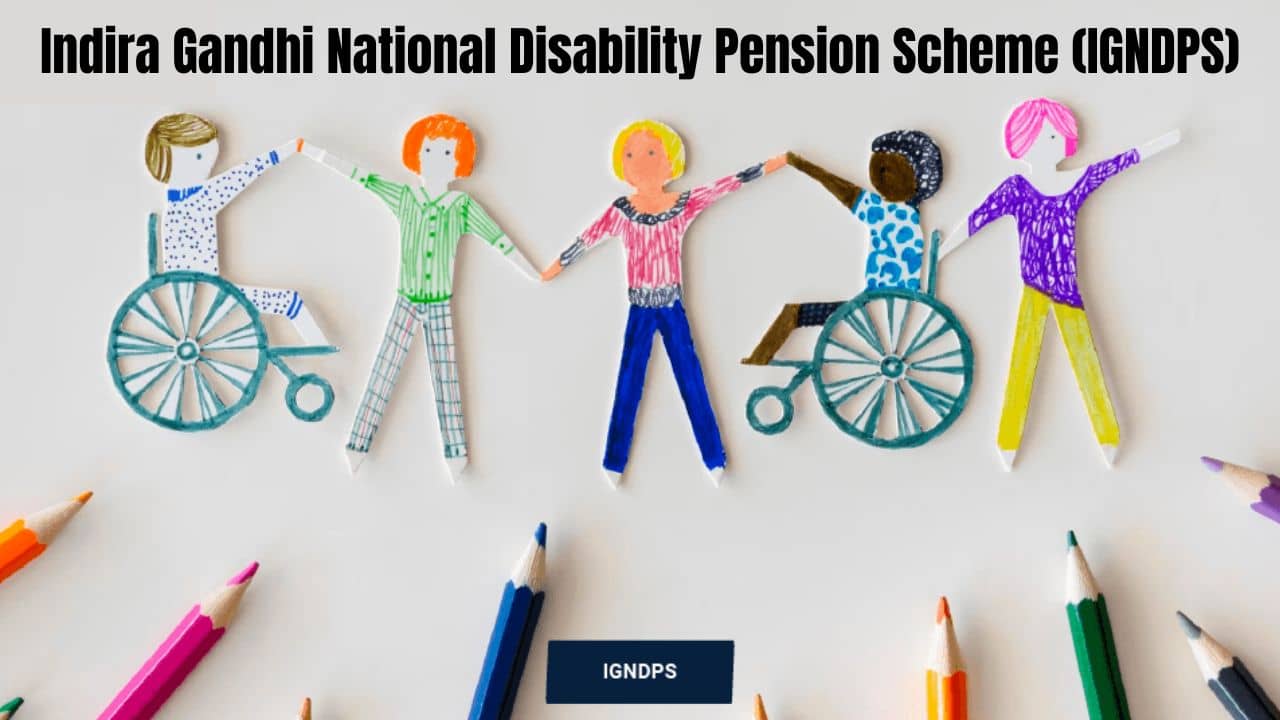
Application Process:
Required Documents:
Eligibility Criteria:
Benefits:
Monthly pension amount of INR 300, which can be supplemented by state government contributions.
2. State-Specific Disability Pension Schemes
Several states in India have their own disability pension schemes to provide additional financial support to individuals with disabilities. The eligibility criteria and benefits may vary from state to state.
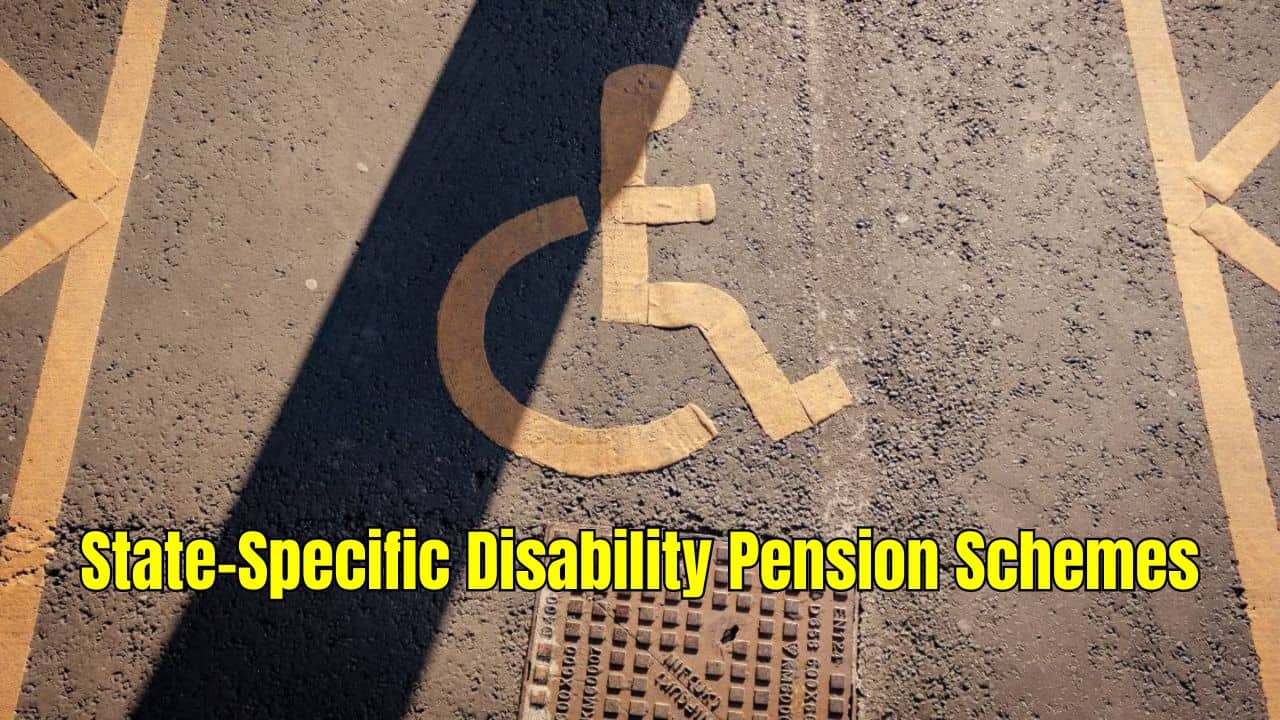
Example: Tamil Nadu State Disability Pension Scheme
Example: West Bengal Disability Pension Scheme
3. Chief Minister’s Relief Fund (CMRF)
Some states offer financial assistance to individuals with disabilities through the Chief Minister’s Relief Fund.
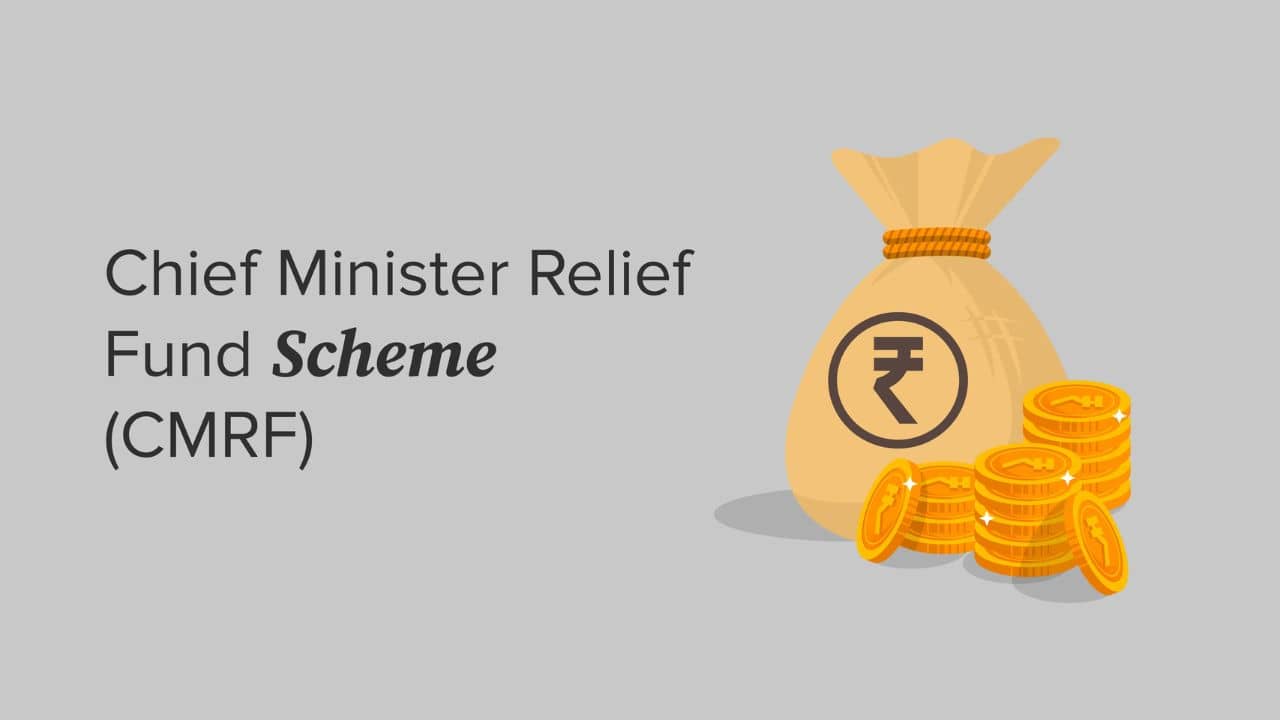
Application Process:
Apply directly to the office of the Chief Minister or through the local district administration.
Required Documents:
Disability certificate, proof of identity, proof of age, proof of residence, income certificate, and medical documents if required.
Eligibility Criteria:
Varies from state to state, but generally includes individuals with significant disabilities and those belonging to economically weaker sections.
Benefits:
One-time financial assistance or monthly pension, depending on the state’s policy and individual’s circumstances.
Additional Information
Renewal Process:
Disability pension schemes typically require annual renewal. Beneficiaries must submit updated documents to confirm continued eligibility.
Grievance Redressal:
Beneficiaries can contact the respective social welfare department or district administration for grievances or issues related to the pension scheme. A dedicated helpline and email support may be available.
Awareness and Outreach:
State governments, in collaboration with NGOs and other organizations, conduct awareness programs to educate families about the schemes and assist them in the application process.
Disability pension schemes in India play a crucial role in providing financial stability and support to individuals with disabilities and their families. By offering monthly pensions and financial assistance, these schemes ensure that beneficiaries can meet their basic needs and improve their quality of life. The Indira Gandhi National Disability Pension Scheme (IGNDPS) and various state-specific schemes collectively contribute to the well-being of the disabled community.
For more information or to apply for disability pension schemes, visit the respective state’s social welfare department website or contact the local social welfare office.
The government has implemented several schemes to promote inclusive education for children with autism:
Sarva Shiksha Abhiyan (SSA) is a flagship program launched by the Government of India with the goal of universalizing elementary education. The initiative ensures that all children aged 6 to 14 years receive free and compulsory education, with a special focus on inclusive education for children with disabilities, including those with autism. This guide provides an overview of SSA, its objectives, implementation strategies, benefits, and specific provisions for children with disabilities.
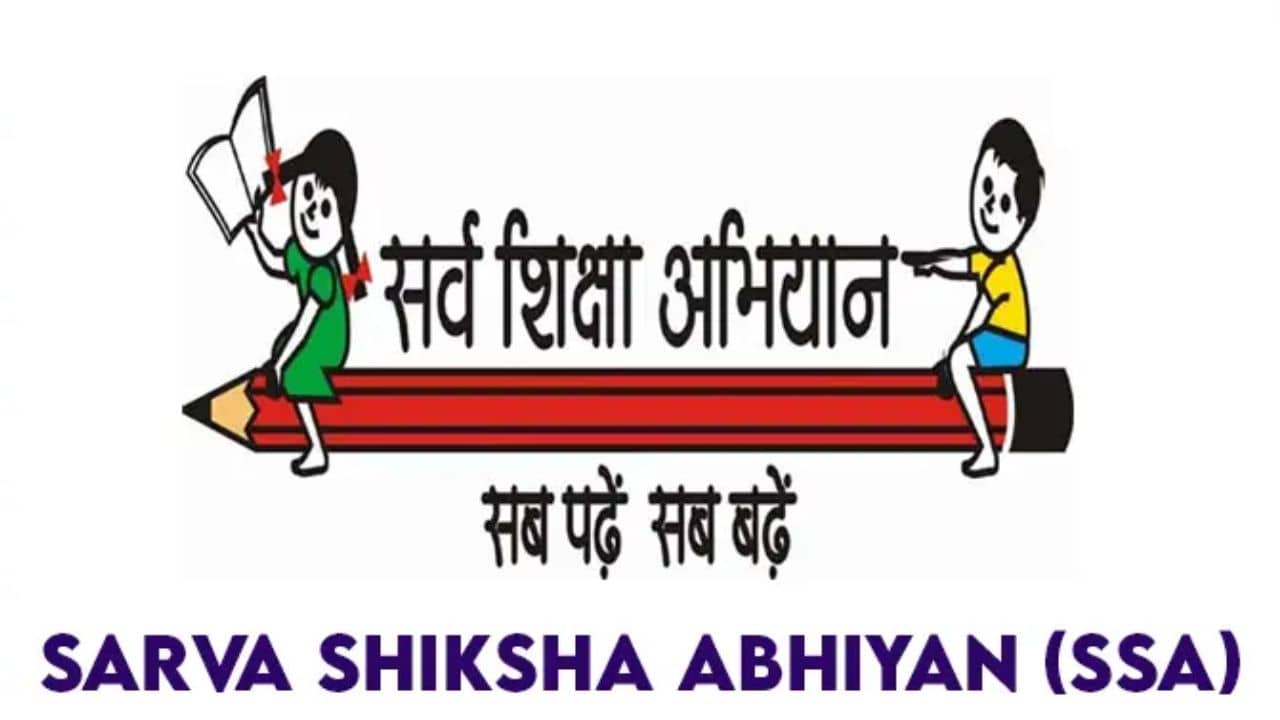
Objectives of Sarva Shiksha Abhiyan (SSA)
Key Features and Implementation Strategies
1. Inclusive Education for Children with Disabilities:
2. Infrastructure Development:
3. Teacher Training:
4. Community Mobilization and Awareness:
5. Monitoring and Evaluation:
Benefits of Sarva Shiksha Abhiyan (SSA)
1. Access to Education:
2. Tailored Educational Support:
3. Empowerment and Inclusion:
4. Enhanced Teacher Competence:
5. Community Engagement:
Specific Provisions for Children with Disabilities
1. Financial Assistance:
2. Home-Based Education:
For children with severe disabilities who cannot attend regular school, SSA provides home-based education to ensure they receive quality education.
3. Inclusive Curriculum:
4. Support Services:
Provision of speech and language therapy, physiotherapy, and psychological counseling as part of the educational support services.
Sarva Shiksha Abhiyan (SSA) is a transformative initiative that has significantly advanced the cause of inclusive education in India. By providing comprehensive support to children with disabilities, SSA ensures that they receive quality education and opportunities for personal and academic growth. The program’s focus on inclusive infrastructure, teacher training, community involvement, and individualized support makes it a model for achieving educational equity.
For more information or to learn how SSA can benefit your child, visit the official SSA website or contact your local education department.
Rashtriya Madhyamik Shiksha Abhiyan (RMSA) is a centrally sponsored scheme launched by the Government of India in March 2009. The scheme aims to enhance access to secondary education and improve its quality by ensuring universal education for all children aged 14 to 18 years. RMSA places special emphasis on the inclusion of marginalized groups, including children with disabilities. This guide provides an overview of RMSA, its objectives, implementation strategies, benefits, and specific provisions for children with disabilities.
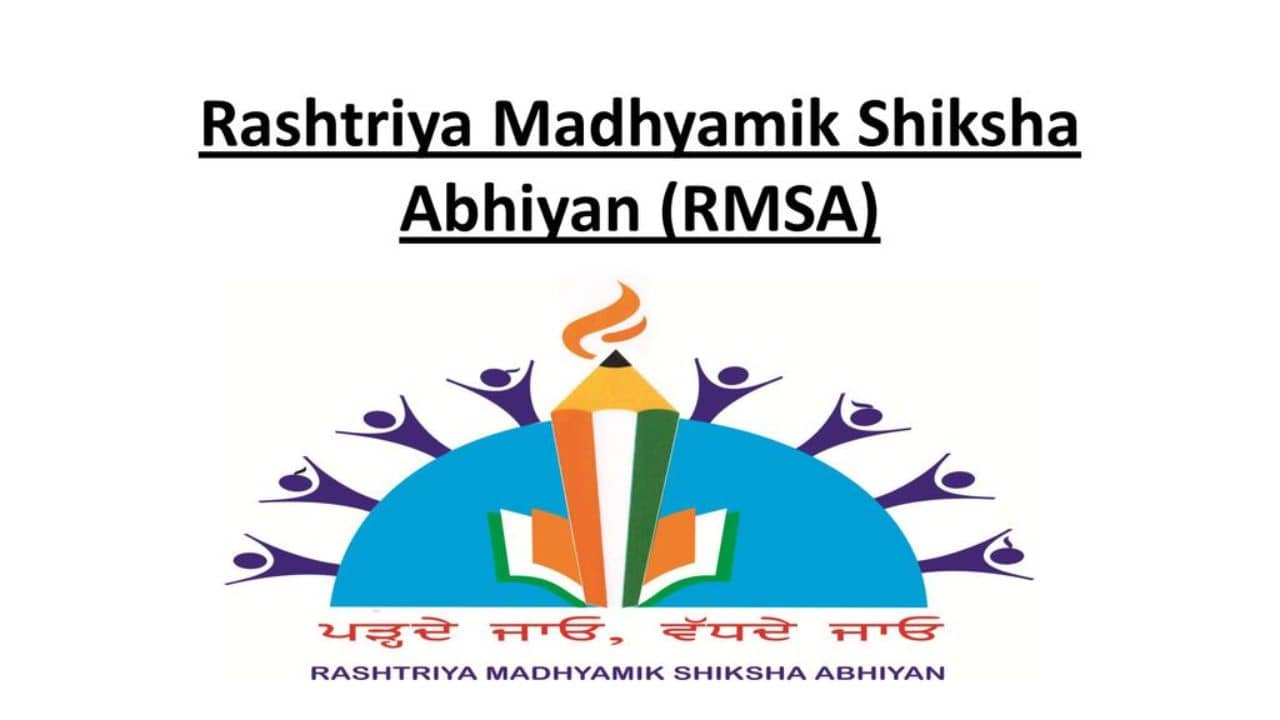
Objectives of Rashtriya Madhyamik Shiksha Abhiyan (RMSA)
Key Features and Implementation Strategies
1. Inclusive Education for Children with Disabilities:
2. Infrastructure Development:
3. Teacher Training:
4. Quality Enhancement:
5. Community Mobilization and Awareness:
6. Monitoring and Evaluation:
Benefits of Rashtriya Madhyamik Shiksha Abhiyan (RMSA)
1. Enhanced Access to Secondary Education:
2. Improved Quality of Education:
3. Tailored Educational Support:
4. Empowerment and Inclusion:
5. Enhanced Teacher Competence:
6. Infrastructure Development:
7. Community Engagement:
Specific Provisions for Children with Disabilities
1. Financial Assistance:
2. Home-Based Education:
For students with severe disabilities who cannot attend regular school, RMSA provides home-based education to ensure they receive quality education.
3. Inclusive Curriculum:
Adaptation of the curriculum to meet the diverse learning needs of students with disabilities.
Use of multi-sensory teaching methods and learning materials to facilitate effective learning.
4. Support Services:
Provision of speech and language therapy, physiotherapy, and psychological counseling as part of the educational support services.
Additional Information
1. Renewal Process:
Disability education support typically requires annual renewal. Beneficiaries must submit updated documents to confirm continued eligibility.
2. Grievance Redressal:
Beneficiaries can contact the respective education department or district administration for grievances or issues related to the scheme. A dedicated helpline and email support may be available.
3. Awareness and Outreach:
State governments, in collaboration with NGOs and other organizations, conduct awareness programs to educate families about the schemes and assist them in the application process.
Rashtriya Madhyamik Shiksha Abhiyan (RMSA) is a transformative initiative aimed at enhancing access to and the quality of secondary education in India. By focusing on inclusive education, RMSA ensures that children with disabilities receive the support and resources they need to thrive academically and socially. The scheme’s emphasis on infrastructure development, teacher training, community involvement, and personalized educational support makes it a model for achieving educational equity.
For more information or to learn how RMSA can benefit your child, visit the official RMSA website or contact your local education department.
The Accessible India Campaign , also known as Sugamya Bharat Abhiyan, is an initiative launched by the Government of India in 2015. The campaign aims to make public spaces, transportation systems, and information and communication technology accessible to all, particularly people with disabilities. This guide provides an overview of the Accessible India Campaign, its objectives, key features, implementation strategies, benefits, and ways to participate.
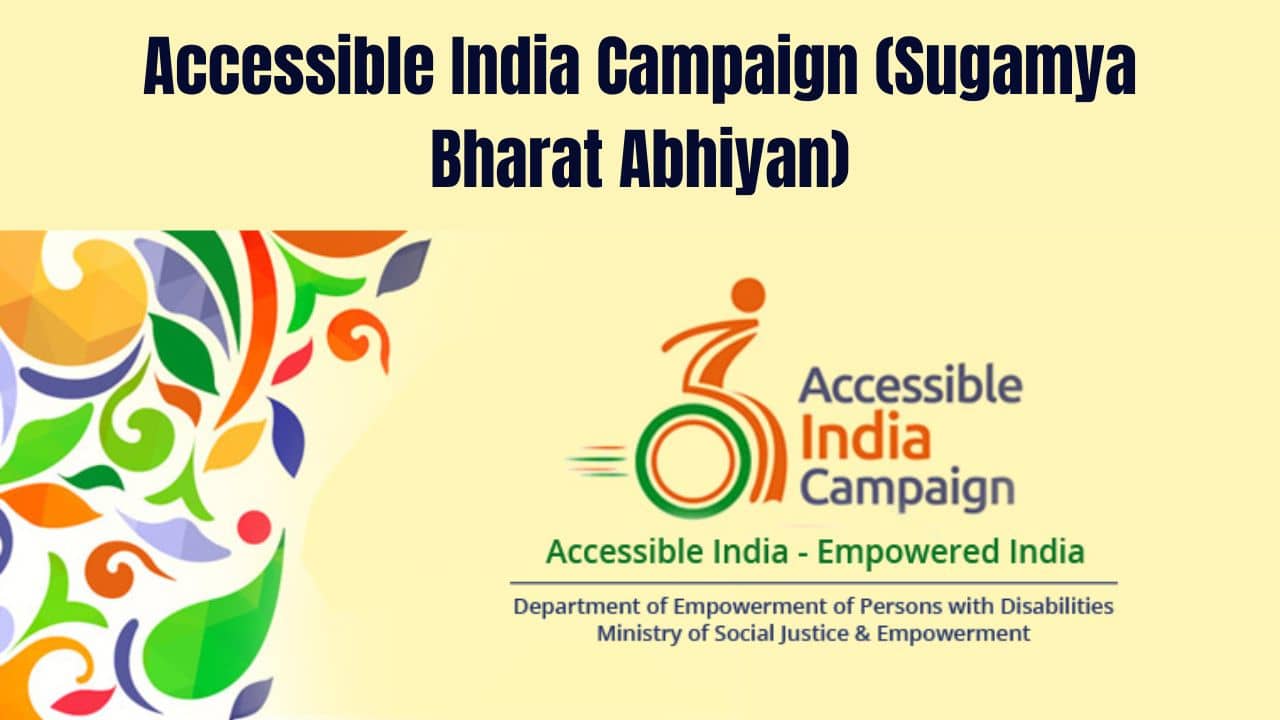
Objectives of the Accessible India Campaign
Key Features and Implementation Strategies
1. Barrier-Free Built Environment:
2. Accessible Transportation Systems:
3. Accessible Information and Communication Technology (ICT):
4. Raising Awareness:
Benefits of the Accessible India Campaign
1. Enhanced Mobility and Independence:
2. Inclusive Society:
3. Economic Benefits:
4. Compliance with Legal Framework:
Ensures compliance with the Rights of Persons with Disabilities Act, 2016, which mandates accessibility in various sectors.
5. Technological Advancements:
How to Participate in the Accessible India Campaign
1. Government Bodies:
2. Private Sector:
3. Non-Governmental Organizations (NGOs):
4. Individuals:
Monitoring and Evaluation
1. Progress Tracking:
2. Reporting Mechanisms:
The Accessible India Campaign (Sugamya Bharat Abhiyan) is a transformative initiative aimed at creating an inclusive and barrier-free environment for people with disabilities. By focusing on accessible public spaces, transportation systems, and ICT, the campaign ensures that people with disabilities can participate fully in society. The combined efforts of government bodies, the private sector, NGOs, and individuals are essential to the success of this initiative.
For more information or to get involved in the Accessible India Campaign, visit the official website of the Ministry of Social Justice and Empowerment or contact your local government office.
The Assistance to Disabled Persons for Purchase / Fitting of Aids and Appliances (ADIP) Scheme is an initiative by the Government of India aimed at providing financial assistance to disabled persons for the purchase and fitting of aids and appliances. This scheme is designed to enhance the mobility, independence, and overall quality of life of individuals with disabilities. Here’s an in-depth look at the ADIP Scheme, including how to access it, the application process, eligibility criteria, benefits, and other essential details.
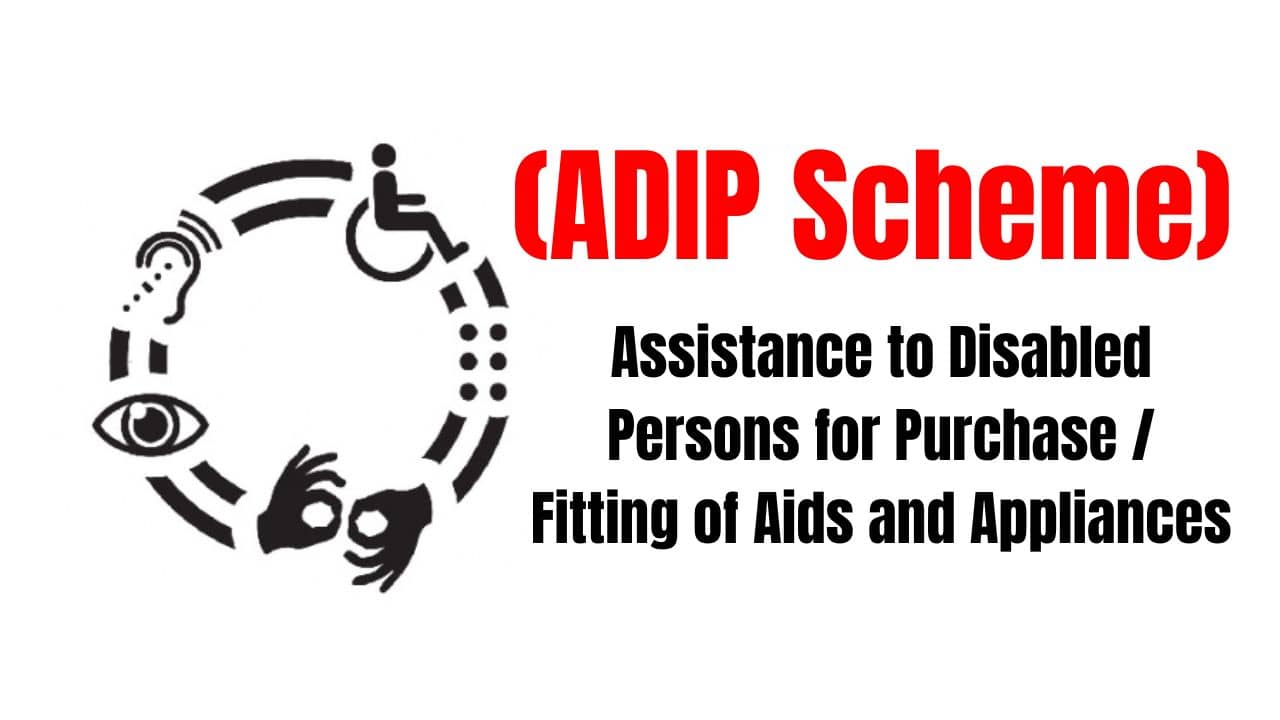
Objectives of the ADIP Scheme
Key Features of the ADIP Scheme
1. Aids and Appliances Covered:
2. Financial Assistance:
3. Customization and Fitting:
Customization and fitting services are provided to ensure that the aids and appliances meet the specific needs of the beneficiaries.
4. Implementation through NGOs:
The scheme is implemented through registered NGOs, National Institutes, and ALIMCO (Artificial Limbs Manufacturing Corporation of India).
Eligibility Criteria
1. Disability:
The applicant must have a disability of at least 40% certified by a competent medical authority.
2. Age:
The scheme is available to all age groups, with a special focus on children and elderly persons with disabilities.
3. Income:
The applicant’s monthly income should not exceed INR 20,000.
4. Frequency:
The aids and appliances provided under the scheme should not have been received by the beneficiary during the last three years for durable items (e.g., tricycles, wheelchairs) and one year for consumable items (e.g., hearing aids).
Application Process
1. Identification and Assessment Camps:
Beneficiaries are identified through camps organized by implementing agencies. These camps assess the type and extent of disability and recommend suitable aids and appliances.
2. Documentation:
3. Submission of Application:
Applications can be submitted through the implementing agency (NGOs, National Institutes, or ALIMCO) either online or offline.
4. Sanction and Distribution:
Once the application is approved, the aids and appliances are provided to the beneficiaries at the distribution camps organized by the implementing agencies.
Benefits of the ADIP Scheme
1. Enhanced Mobility and Independence:
Provides mobility aids that enable individuals to move around independently and perform daily activities with ease.
2. Improved Quality of Life:
Enhances the quality of life by assisting individuals in performing routine tasks, leading to greater self-reliance and confidence.
3. Inclusivity and Participation:
Promotes social inclusion by enabling individuals with disabilities to participate more actively in educational, social, and economic activities.
4. Financial Relief:
Offers significant financial relief to families by covering the cost of expensive aids and appliances.
5. Customization and Support:
Provides customized aids and appliances that are specifically fitted to meet the individual needs of each beneficiary, ensuring maximum effectiveness and comfort.
Monitoring and Evaluation
1. Regular Monitoring:
Implementing agencies regularly monitor the distribution and usage of aids and appliances to ensure they meet the beneficiaries’ needs.
2. Feedback Mechanism:
Beneficiaries can provide feedback on the aids and appliances received, helping to improve the scheme’s implementation and effectiveness.
3. Reporting:
Implementing agencies are required to submit periodic reports on the progress and impact of the scheme to the Ministry of Social Justice and Empowerment.
The Assistance to Disabled Persons for Purchase / Fitting of Aids and Appliances (ADIP) Scheme is a critical initiative that significantly enhances the mobility, independence, and quality of life of individuals with disabilities. By providing necessary aids and appliances, the scheme ensures that disabled persons can participate fully in society, leading to greater inclusivity and empowerment.
For more information or to apply for the ADIP Scheme, visit the official website of the Ministry of Social Justice and Empowerment or contact your local implementing agency.
The National Handicapped Finance and Development Corporation (NHFDC) is a government agency under the Ministry of Social Justice and Empowerment, Government of India. It was established in 1997 with the primary objective of promoting economic empowerment and self-reliance among persons with disabilities through financial support and development programs. This comprehensive guide provides an overview of NHFDC, its objectives, key features, financial schemes, benefits, and how to apply for assistance.
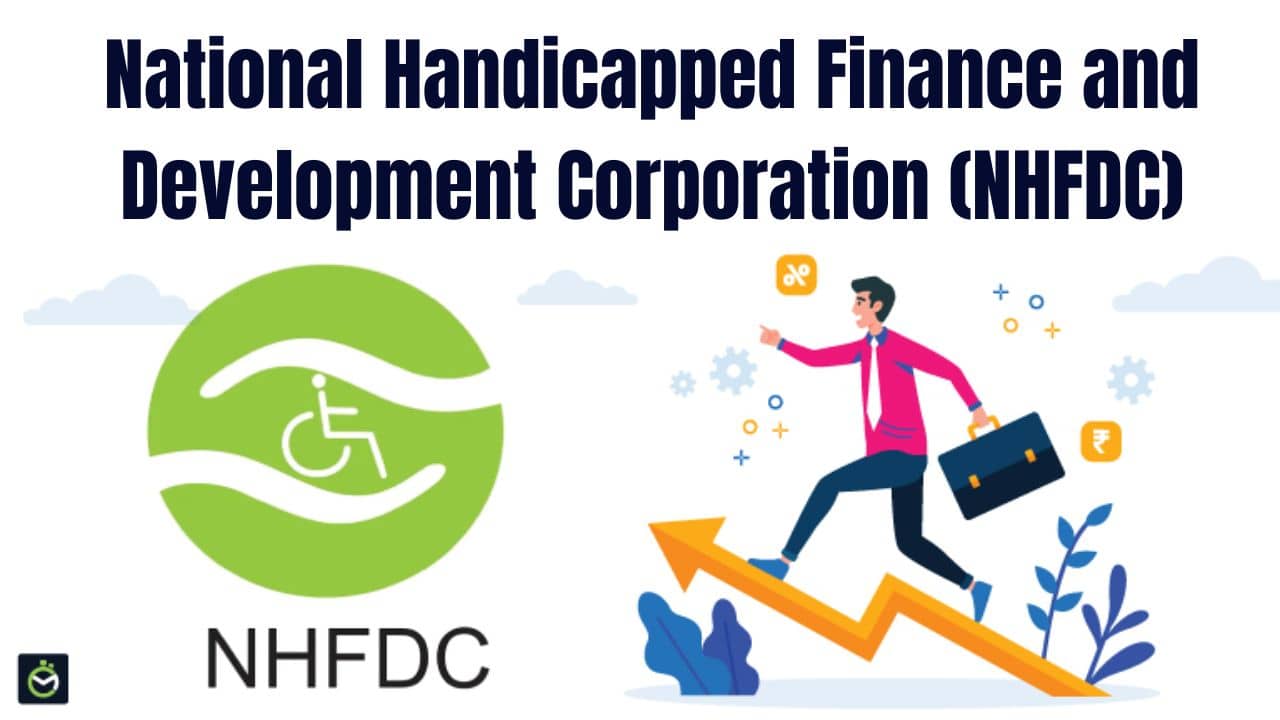
Objectives of NHFDC
Key Features and Schemes of NHFDC
1. Loan Schemes for Self-Employment:
2. Education Loan Scheme:
3. Skill and Entrepreneurial Development:
4. Financial Support for NGOs:
Benefits of NHFDC
1. Financial Independence:
Enables persons with disabilities to become financially independent by providing them with the necessary financial resources to start their own businesses or pursue higher education.
2. Skill Enhancement:
Enhances the skills and capacities of disabled individuals through various training programs, leading to better employment opportunities and higher income levels.
3. Increased Employment Opportunities:
Promotes self-employment and entrepreneurship among persons with disabilities, leading to increased employment opportunities and economic participation.
4. Educational Advancement:
Supports the educational aspirations of students with disabilities by providing scholarships and education loans, enabling them to achieve their academic and career goals.
5. Inclusive Development:
Contributes to the inclusive economic development of the nation by ensuring that persons with disabilities have equal access to financial and development opportunities.
Eligibility Criteria
1. Disability:
The applicant must have a disability of at least 40% certified by a competent medical authority.
2. Age:
The applicant should be between 18 and 60 years of age for loan schemes.
3. Education:
For education loans and scholarship programs, the applicant must meet the academic eligibility criteria specified for the particular course or program.
4. Income:
The applicant’s family income should not exceed the limits specified for the particular scheme or program.
Application Process
1. Identify the Scheme:
Determine which NHFDC scheme best suits your needs, whether it’s for self-employment, education, skill development, or NGO support.
2. Documentation:
3. Submission of Application:
Applications can be submitted through the NHFDC website, designated banks, or partner NGOs. Forms are available both online and offline.
4. Sanction and Disbursement:
Once the application is reviewed and approved, the financial assistance is disbursed to the applicant’s bank account or directly to the educational institution in case of education loans.
Monitoring and Evaluation
1. Regular Monitoring:
2. Feedback Mechanism:
Beneficiaries can provide feedback on the assistance received, helping to improve the implementation and effectiveness of NHFDC schemes.
3. Transparency and Accountability:
NHFDC maintains transparency and accountability in its operations by regularly publishing reports on the utilization of funds and the outcomes of various schemes.
The National Handicapped Finance and Development Corporation (NHFDC) plays a crucial role in the economic empowerment of persons with disabilities in India. By providing financial assistance for self-employment, education, and skill development, NHFDC ensures that disabled individuals have the resources they need to become self-reliant and achieve their full potential. The inclusive approach of NHFDC contributes to the overall economic development of the nation and promotes a society where everyone has equal opportunities.
For more information or to apply for NHFDC schemes, visit the official NHFDC website or contact your local NHFDC office.
The Deendayal Disabled Rehabilitation Scheme (DDRS) is an initiative by the Government of India, managed by the Ministry of Social Justice and Empowerment. Launched with the aim of providing comprehensive rehabilitation services to persons with disabilities, DDRS supports voluntary organizations in delivering various services. This guide provides an overview of DDRS, its objectives, key features, eligibility criteria, application process, benefits, and other essential details.
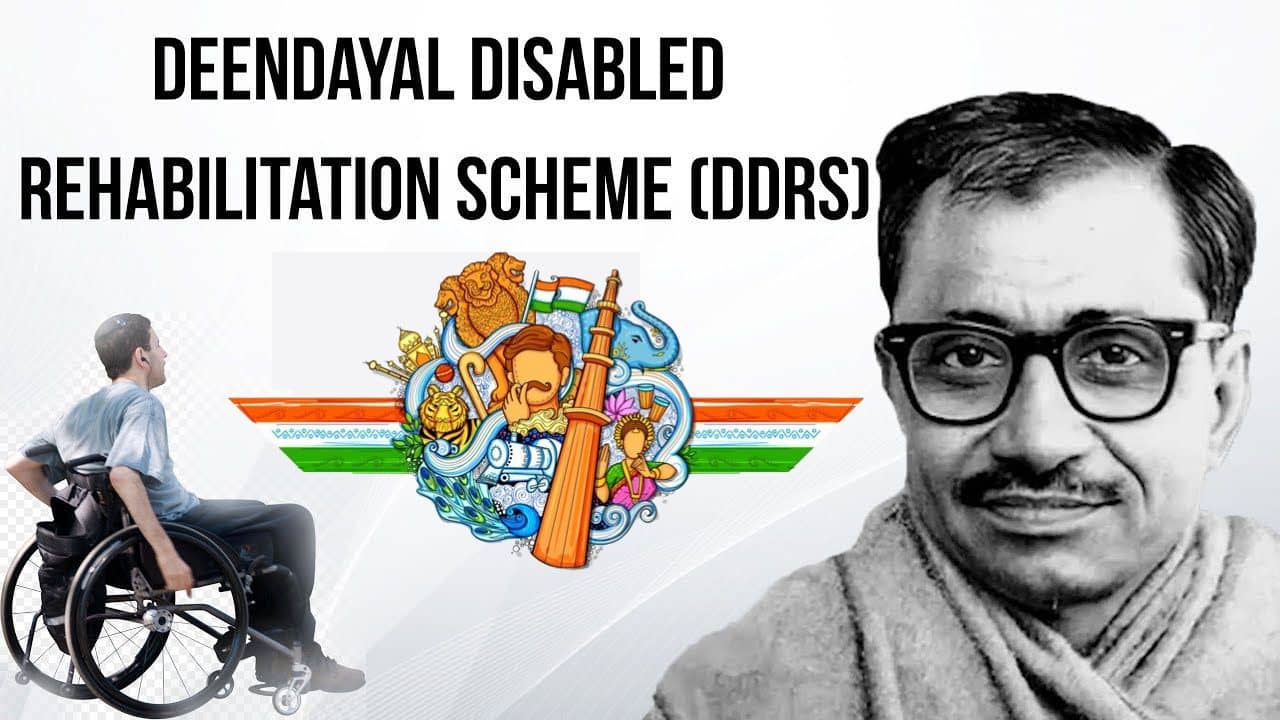
Objectives of DDRS
Key Features and Components of DDRS
1. Financial Assistance to NGOs:
2. Types of Services Covered:
3. Capacity Building and Awareness:
4. Monitoring and Evaluation:
1. Registration:
The organization must be registered under the Societies Registration Act, 1860, or the corresponding state legislation, or under the Indian Trusts Act, 1882.
2. Experience:
The organization should have at least two years of experience in the field of disability rehabilitation or related areas.
3. Infrastructure:
Adequate infrastructure and trained personnel to deliver the proposed rehabilitation services.
4. Financial Stability:
Sound financial management and a proven track record of implementing projects successfully.
Application Process
1. Identification of Needs:
Assess the needs of the target population and develop a comprehensive project proposal outlining the services to be provided.
2. Documentation:
3. Submission of Application:
4. Evaluation and Approval:
Benefits of DDRS
1. Comprehensive Rehabilitation Services:
Provides a wide range of rehabilitation services to persons with disabilities, improving their quality of life and promoting independence.
2. Financial Support for NGOs:
Offers crucial financial support to voluntary organizations, enabling them to deliver effective rehabilitation services.
3. Empowerment and Inclusion:
Promotes the social and economic inclusion of persons with disabilities, ensuring they can participate fully in society.
4. Capacity Building:
Enhances the capacities of NGOs through training and development programs, improving the quality of services delivered.
5. Community Awareness:
Raises awareness about disability issues, promoting inclusive practices and reducing stigma and discrimination.
Monitoring and Evaluation
1. Regular Monitoring:
Funded projects are regularly monitored to ensure compliance with the scheme’s guidelines and effective utilization of funds.
2. Reporting Mechanisms:
NGOs are required to submit periodic progress reports and audited statements of expenditure to the Ministry.
3. Accountability and Transparency:
Emphasizes transparency and accountability in the utilization of funds through audits and inspections.
The Deendayal Disabled Rehabilitation Scheme (DDRS) is a significant initiative aimed at supporting the rehabilitation and empowerment of persons with disabilities in India. By providing financial assistance to NGOs and promoting comprehensive rehabilitation services, DDRS ensures that individuals with disabilities receive the support they need to lead independent and fulfilling lives. The scheme’s focus on capacity building, community awareness, and inclusive practices further contributes to the creation of a more inclusive society.
For more information or to apply for DDRS, visit the official website of the Ministry of Social Justice and Empowerment or contact your local government office.
The government schemes for autism in India offer several significant benefits:
The government of India has implemented a range of schemes to support individuals with autism and their families. These initiatives cover various aspects of life, including healthcare, education, vocational training, financial assistance, and accessibility. By leveraging these schemes, individuals with autism can lead more independent and fulfilling lives, and families can receive the support they need to provide the best care possible.
For more detailed information and assistance, please visit WebAutism or contact us at 9773935777.
Several government schemes are available to support individuals with autism in India. These include:
The NIRAMAYA Health Insurance Scheme provides comprehensive health insurance coverage for individuals with disabilities, including autism. Benefits include coverage for hospitalization, surgery, therapies, and regular medical expenses. The scheme helps reduce the financial burden on families by covering up to INR 1 lakh per year.
To apply for the NIRAMAYA Health Insurance Scheme:
GHARAUNDA (Group Home and Rehabilitation Activities Under National Trust Act for Disabled Adults) provides residential care for adults with disabilities, including autism. It offers life-long shelter, care, and vocational training. Eligibility includes individuals with disabilities aged 18 years and above who are unable to live independently.
SAMARTH (Respite Care Scheme) offers temporary respite care for individuals with disabilities, including autism. It provides short-term care, relief to caregivers, and support for daily living activities. Services include residential facilities, medical care, recreational activities, and skill development.
PRERNA (Marketing Assistance Scheme) helps individuals with disabilities, including autism, to market their products. The scheme provides financial assistance for marketing initiatives, participation in fairs and exhibitions, and promotion of products. It aims to enhance the income generation and economic independence of individuals with disabilities.
Disability Pension Schemes provide financial support to individuals with disabilities who are unable to sustain themselves. Benefits include a monthly pension to cover basic needs. Individuals with autism who meet the eligibility criteria (disability certificate, age, income limits) can apply for these pensions through state social welfare departments.
Sarva Shiksha Abhiyan (SSA): Focuses on inclusive education for children with disabilities, including autism, at the elementary level. Provides resources, special educators, and support services to ensure children with autism can access quality education.
Rashtriya Madhyamik Shiksha Abhiyan (RMSA): Aims to enhance access to secondary education for children with disabilities. Offers scholarships, inclusive classrooms, and special training programs for educators to support students with autism.
The Accessible India Campaign aims to make public spaces, transportation, and information and communication technology accessible to people with disabilities, including autism. Benefits include accessible buildings, transportation systems, websites, and digital services, promoting independence and participation in society.
The ADIP Scheme (Assistance to Disabled Persons for Purchase / Fitting of Aids and Appliances) provides financial assistance to purchase aids and appliances for individuals with disabilities, including autism. Benefits include mobility aids, hearing aids, prosthetic devices, and other necessary equipment to enhance independence and quality of life.
NHFDC offers various financial support schemes, including:
– Loans for self-employment and small businesses.
– Education loans for higher studies.
– Skill development and vocational training programs.
– Grants to NGOs for implementing disability projects.
These schemes aim to promote economic independence and self-reliance among individuals with disabilities, including autism.
The Deendayal Disabled Rehabilitation Scheme (DDRS) provides grants to NGOs to deliver rehabilitation services to individuals with disabilities, including autism. Benefits for NGOs include funding for special education, vocational training, therapeutic services, community-based rehabilitation, and capacity-building programs.
To apply for DDRS benefits, NGOs need to:
Individuals and families can stay informed about the latest government schemes for autism by:
– Regularly visiting the official websites of the Ministry of Social Justice and Empowerment and National Trust.
– Subscribing to newsletters and updates from relevant government departments and NGOs.
– Participating in workshops, seminars, and awareness programs conducted by government and non-government organizations.
– Connecting with local disability support groups and organizations for updates and assistance.
We are providing digital care of Autism by holistic approach to treat Autism Naturally by Allopathic, Homeopathic, Ayurvedic , Natural Medicine ,Diet and Therapies by a team of Autism Experts under the guidance of Dr D K Rai.


November 19, 2022

December 19, 2023